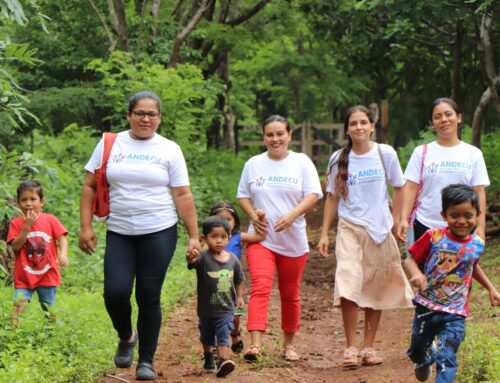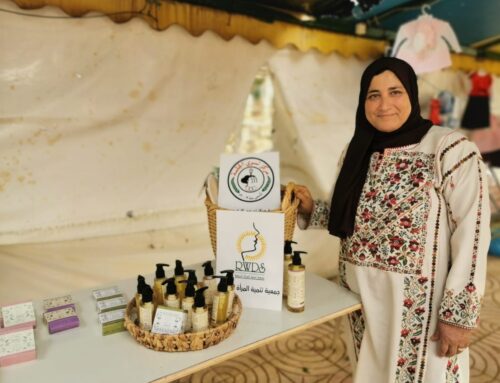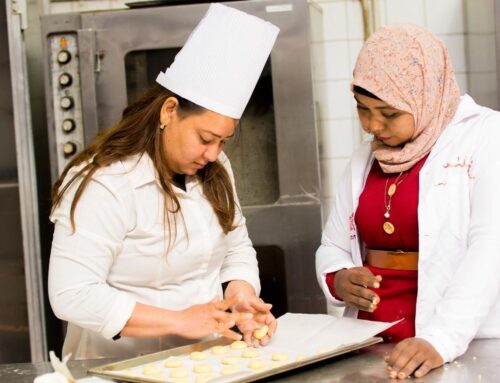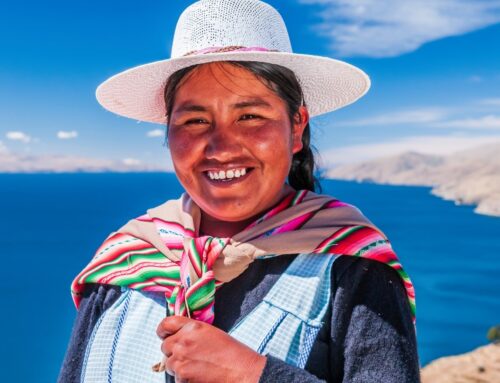Agreement: Towards a Green Agriculture in Palestine: development of inclusive and sustainable models contributing to economic and rural growth
The Palestinian reality today is that the rural population cannot access means of subsistence, with the deepest violation of their human rights. Its economy is weak, unproductive, and dependent on imports. Added to this are the consequences of the Israeli occupation and the recurring episodes of violence that produce a fragile security situation and restrictions on movement and access to natural resources. In addition, rising temperatures and erratic rainfall increase the vulnerability of rural communities and the agricultural sector.
Especially delicate is the situation of Palestinian women who, in addition to the above, face serious inequalities, since there are no measures for them that encourage them to participate in productive activities.
In this context, the present Agreement for the territory of the West Bank has as its vector agricultural development and the creation of employment opportunities under equal conditions for a sustainable growth of the rural population. It tries to address the restrictive and discriminatory problems of the Palestinian population, developing capacities and the transfer of knowledge in production models for green and energy-efficient agriculture, in favour of circular economic growth and promoting the capacity to mitigate and adapt to climate change with proposals for disaster prevention and management.
In this way, the Agreement covers the availability of natural resources, the quality of employability and the sustainability of climate change that incorporates a gender approach.
The Agreement develops its 3 major components, meshing them together:
- Strengthening livelihoods addressed throughout the green agriculture value chain: from access to land, to sustainable and efficient management of resources; and favouring the possibility of resorting to financial services, with a specific look at the generation of capacities of women and young people that promote their access to resources.
- Promotion of employability, with occupational education appropriate to the job offer strengthening of coordination and collaboration structures with academic institutions that combine work through formulas such as Agribusiness and Precision Conservation Management (PCM); strengthening equal and inclusive access to employment; and implementation of a circular economy model.
- Promotion and Risk Reduction and Management strategies at the local, regional, and national level integrated into the environmental and gender approaches. Institutional participation and participation of different Ministries is expected to support the Palestinian business fabric and private sector, establishing sustainable strategic alliances. On the other hand, with specific programs to increase the participation of women in the labour market and the consequent participation in decision-making processes, equal opportunities and a balance of power will also be sought to address the gender gap in the sector.






